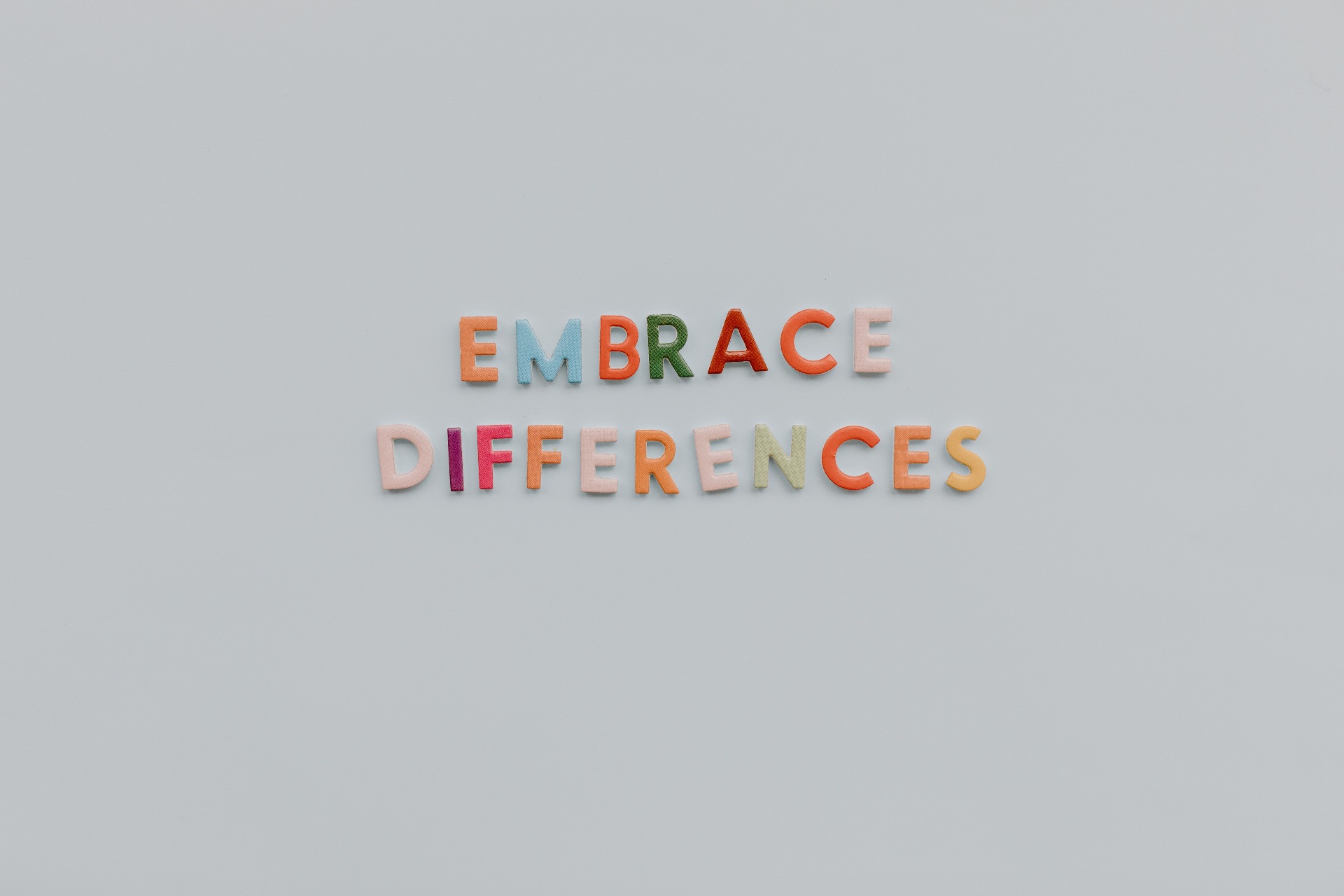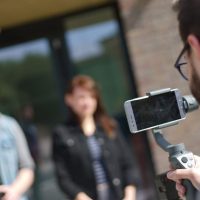
Life at Lincoln with a disability
When you first start university, you want to get involved in all the different opportunities available – societies, making new friends and developing your learning too. But when I first started university, I found it difficult to get to know new people and I didn’t want to be that social. I was also struggling to cope with the change in environments and felt like too much was going on to manage, as well as being worried about what people thought of me.
I contacted the University of Lincoln GP and after a lengthy diagnosis process, it turns out that I have autism. At first, I struggled thinking about who to turn to for help so I’ve written this article if any other people are in a similar situation.
The Uni GP
In your first year, it’s a really great idea to register with the Uni GP as your local doctors. They are the best people to consult when you’ve experienced a physical injury but they can also help if you are suffering from a condition such as autism or dyslexia.
They’re really friendly and if you make them your local GP, they should have your previous records too. For me, they went through the diagnosis process and offered me regular updates about the next stages.
The Wellbeing Department
The Wellbeing Team at Lincoln are really great at providing support and guidance during a difficult time. Getting a disability diagnosis can be emotional so turning to them can be incredibly helpful. They’re based next to the Swan and they have lots of experience in a variety of issues relating to Student Disability.
For me, they were able to introduce a Personalised Academic Support Plan which included extra time in exam, deadline extensions and additional support sessions with lecturers.
Module leaders
You can also get into contact with the academic staff at the university. They’re not just there to mark your assignments – they also help with issues arising from the adjustment to university life, whether that’s an issue with their lectures or something a bit more personal.
There are many different types of academic staff you could talk to, from the programme leaders to your personal tutor, so it depends on who you feel most comfortable opening up to. For me, it was really helpful to talk to my module leader about the direction of the modules, particularly when I was making decisions about next year’s module choices.
The Students’ Union
Lincoln SU is there to represent all students so even if you feel like there’s nobody else to talk to, they are always happy to listen to what’s going on and help you. Receiving a diagnosis can have a lot of impacts and as a group elected by students, they always want the best for students.
For me, they were able to help me identify certain societies and opportunities where I could meet students who had been through similar experiences.
Employability and Careers Department
This team is great at providing extra support outside of lectures and seminars in order to make sure you don’t feel held back by your disability. You can email them, phone them or pop into their room which is situated opposite the library.
They can help with spell-checking CVs, searching for disability-friendly opportunities or you can have a chat about your future ambitions. For me, they’ve helped me with applications for scholarships and extra opportunities designed for disabled students.




